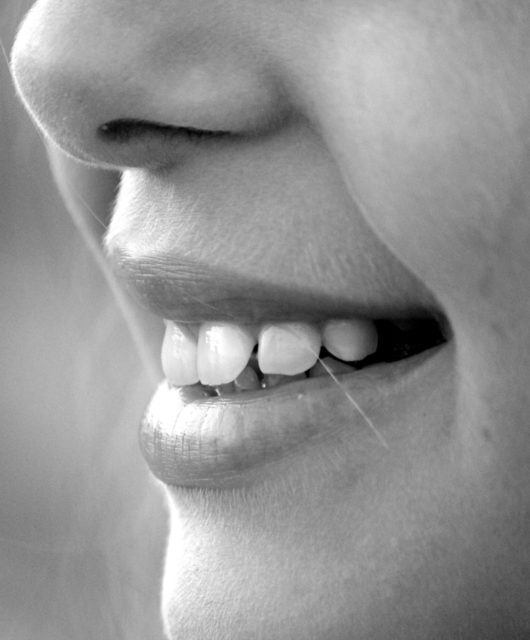Overcoming Common Addiction Recovery Roadblocks

Addiction can have a negative impact on every aspect of your life. It is a debilitating disease that takes control of one’s ability to live a normal life. When a person is suffering from addiction the chemical changes in the brain eventually drive them to chase an unnatural high at any cost. It damages their physical and mental well-being, causes financial strain, increases levels of stress, reduces your ability to do your job, and even robs you of the relationships you once loved and cherished. The only way to get it all back is to kick the habit.
Road to Recovery
Beating addiction is an uphill battle. It is often not something that can be done cold turkey, nor does it happen overnight. Recovering, essentially requires an addict to dig deep within, find the underlying cause, and then learn healthier ways of overcoming those challenges. As the chemical changes from using drugs or alcohol can be a powerful draw, there can often be setbacks or roadblocks along the way.
Common Recovery Roadblocks
If you’ve been struggling with addiction and have sought out help through therapy or a structured sober living home, you’re on the right track. After detoxing from the substances and learning new tools to apply to your life, there is still a lot to do to remain sober. One of the most important steps is recognizing roadblocks and having an efficient plan to avoid and/or overcome them.
Other Addictions
Here’s one you may not have been aware of, but it happens more often than you’d think – another addiction. There are instances in which addicts supplement one addiction for another. One example, might be someone who exchanged drinking alcohol for working out excessively. Though exercising is recommended during recovery, too much of it can be bad for your health. Another example might be someone being treated for opiate addiction who suddenly finds themselves hooked on a prescribed medication like subutex used to treat it.
If you believe you’re developing another addiction, it is imperative that you take the proper steps to avoid going down the wrong path. If you’re addicted to a prescribed medication such as the one described above, you should find a rehab for subutex detox and learn other methods for staying off the drug. If you’re working out too much, learning how to pace yourself and find other methods of fulfillment can help you remain sober.
Unsafe Living Environments
When you’re treated for your addiction in an inpatient rehab program, you’re placed in a safe environment to get clean. There are no real-world distractions like drugs, alcohol, friends who love partying too much, or technology to tempt you back down a path of destruction. After finishing rehab, some patients go home and, unfortunately, relapse.
In order to maintain your sobriety, it may be necessary for you to make significant changes to your life. This may mean cutting ties with friends who still drink and use drugs, moving to an environment that is more peaceful, skipping out on social functions where there’s temptations involved, and limiting your use of technological platforms like social media.
Lack of Support
Another positive resource provided by addiction recovery facilities is support. When you’re in rehab, you have the support of the medical staff, counselors, and other patients. This support gives you the guidance and ammunition you need to deal with your issues and stay sober. Yet, when you leave, this support is gone and the urge to use again may become strong.
You need support before, during, and after your rehab stay. If you don’t have friends and family to lend a hand, you need to find support elsewhere. You can join a church, go to group meetings in your area, or find a counselor who specializes in addiction.
There is no magic pill, therapy session, or treatment option that will make your addiction go away and never return. Once you’ve suffered from addiction, the quest to live a sober life becomes an ongoing, lifelong process. If you’re fearful of the above roadblocks getting in your way, use the tips mentioned to overcome them.









